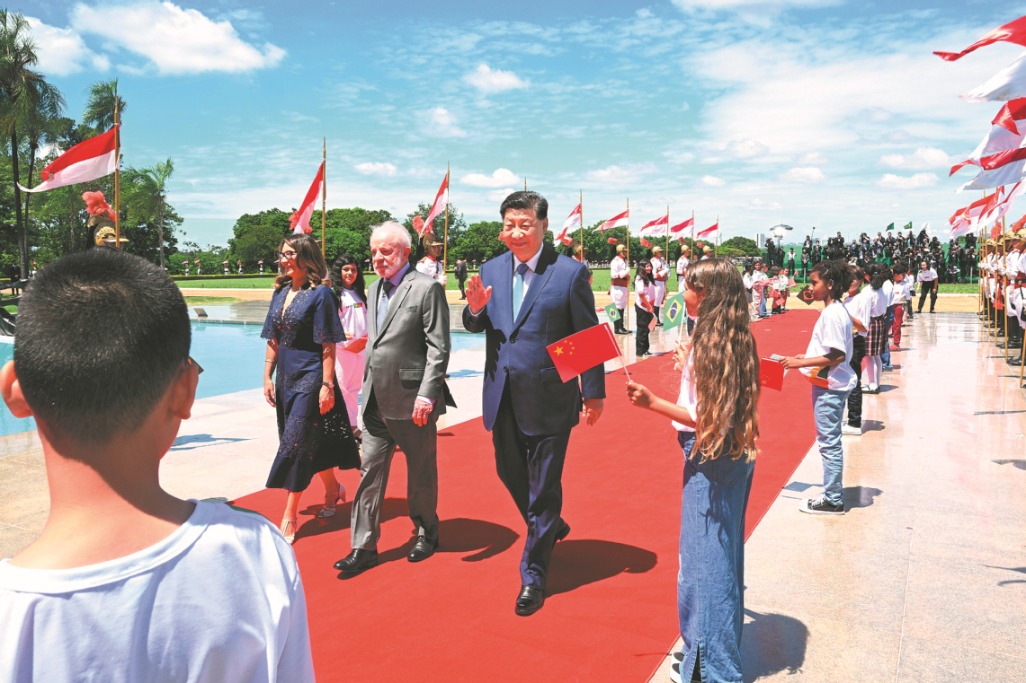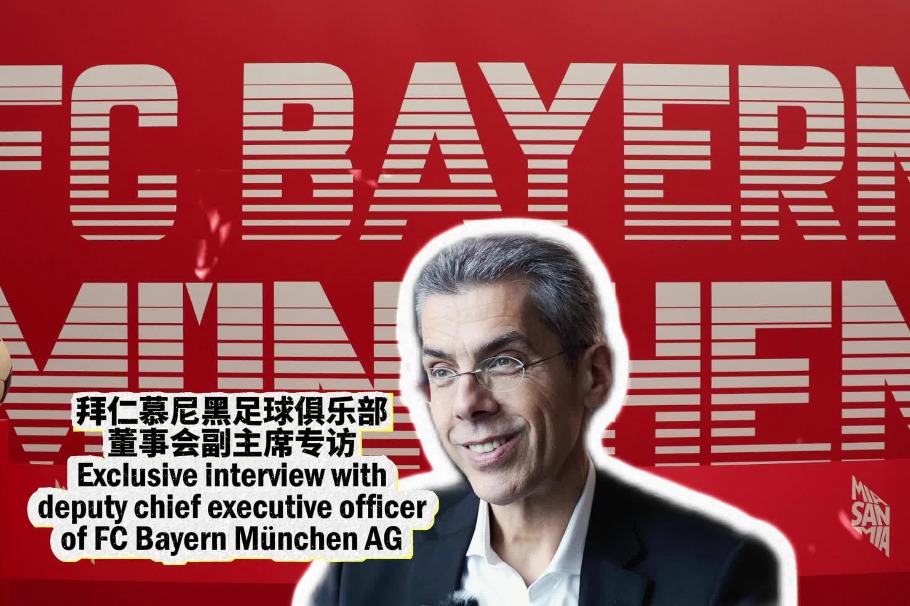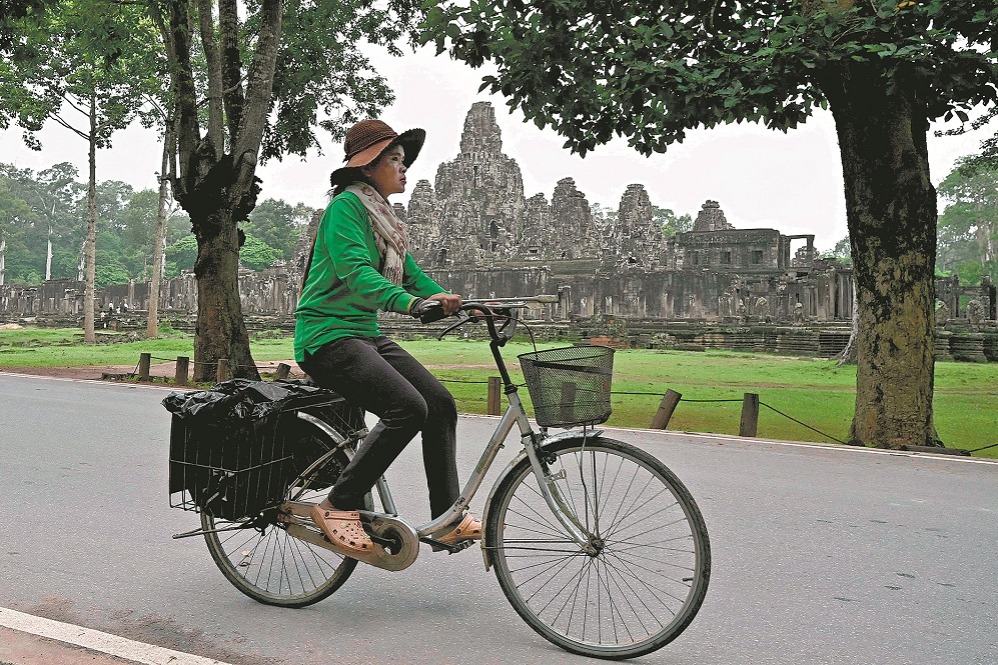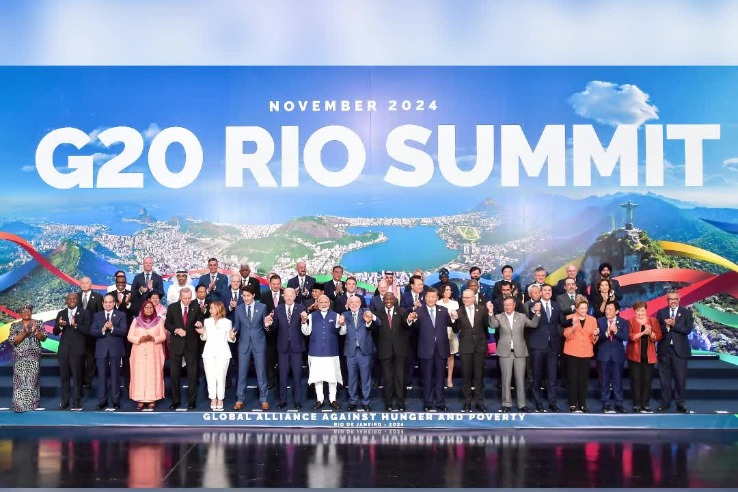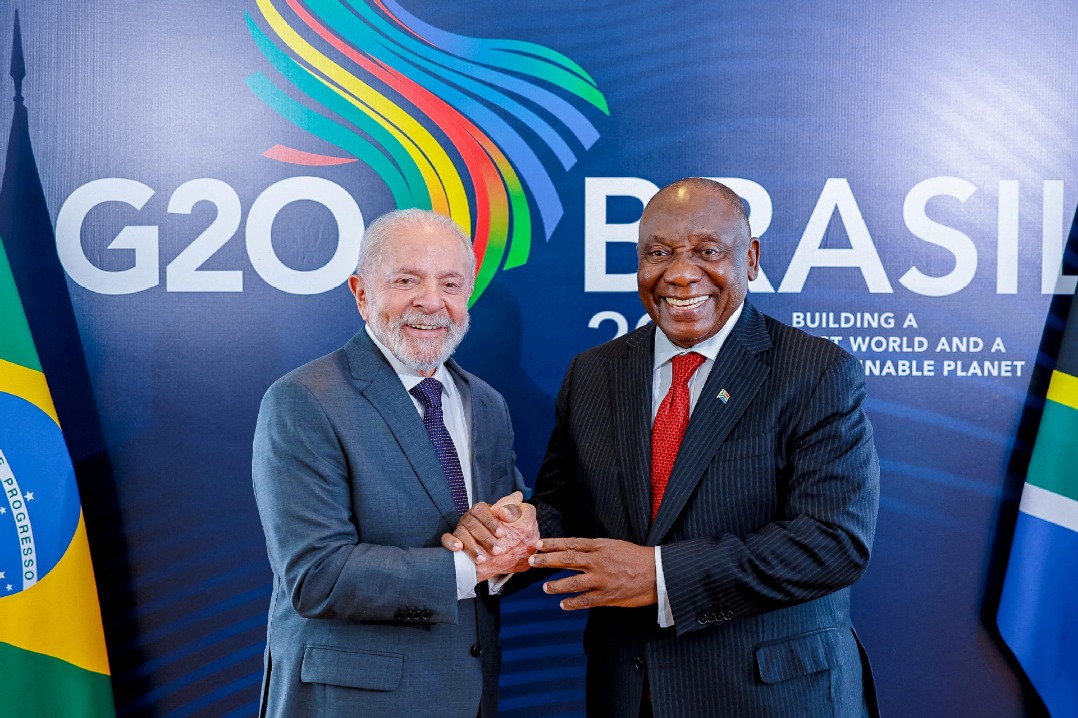Chinese firms power Indonesia's EV sector
By LEONARDUS JEGHO in Jakarta and PRIME SARMIENTO in Hong Kong | China Daily | Updated: 2024-11-22 10:22
Chinese electric vehicles are powering Indonesia's EV industry and gaining ground among local consumers, industry executives say.
Highlighting the growing interest in the sector, the Indonesian Electric Vehicle Industry Association, or Periklindo, announced on Tuesday the dates for the fourth edition of the country's biggest annual EV expo. The Periklindo Electric Vehicle Show 2025, known as PEVS 2025, will be held from April 29 to May 4.
The event will showcase 135 EVs from Indonesian and international manufacturers, including major Chinese carmakers.
Adrianto Gani, vice-chairman of promotion and marketing at Periklindo, said EV makers "can learn much from China", especially in EV and battery development.
Rubby Lie, branch head of Prima Wahana Auto Mobil, Wuling Motor's largest authorized dealer in Indonesia, shared optimism about rising local demand for Wuling and other EVs, citing government emission goals and an improved EV ecosystem.
He attributed Wuling's popularity to its competitive price, diverse models and good after-sales service.
Wuling Motors, the first Chinese carmaker to build a plant in Indonesia, has been operational since 2017 in West Java Province, producing more than 100,000 units annually for both domestic and export markets.
It plans to begin EV battery production at the facility by year-end.
Last year, EVs on Indonesia's roads reached 116,438 units, according to the Ministry of Energy and Mineral Resources. While this is a small fraction of the country's total car market — which saw more than 1 million units sold last year — it marks a significant rise from 41,743 EVs in 2022 and 15,883 in 2021.
Best-selling brands
In August, Chinese car brands were the best-selling in Indonesia's EV market, according to the Association of Indonesia Automotive Industries. BYD led with 2,971 units sold, while Chery and Wuling each recorded sales exceeding 400 units.
Asset management firm Eastspring Investments said in its July report that Indonesia's EV market penetration, currently below 1 percent, will rise to 6 percent for two-wheelers and 2 percent for four-wheelers by 2030.
It said the "electrification" of the transport sector is in line with Indonesia's climate targets, supported by government incentives and the country's vast nickel reserves, which position it as a future global leader in battery production and exports.
Moeldoko, head of Periklindo, said "the most important thing" is how to make EVs more acceptable to consumers, noting efforts to promote them even in rural areas.
Daswar Marpaung, president director of event management firm Dyandra Promosindo, said PEVS 2025 focuses on business-to-business, business-to-government and business-to-customer interactions to accelerate Indonesia's EV industry growth and market expansion.
Leonardus Jegho is a freelance journalist for China Daily.
Contact the writers at prime@chinadailyapac.com






